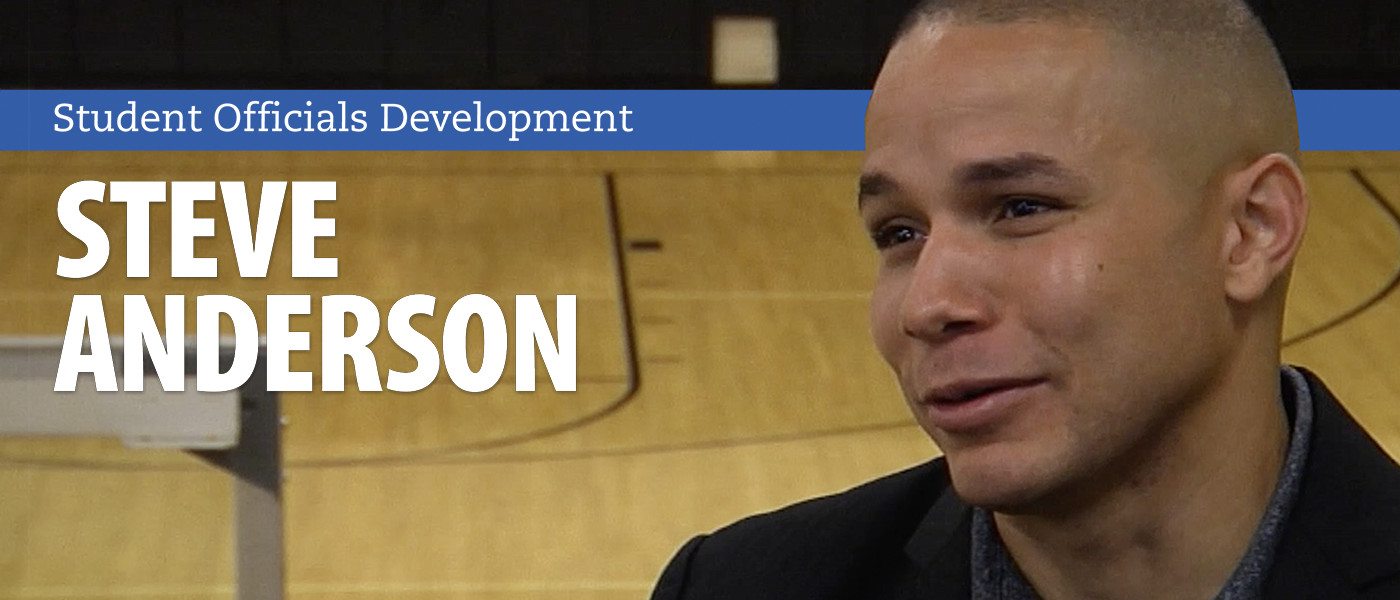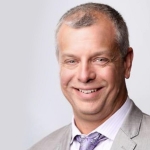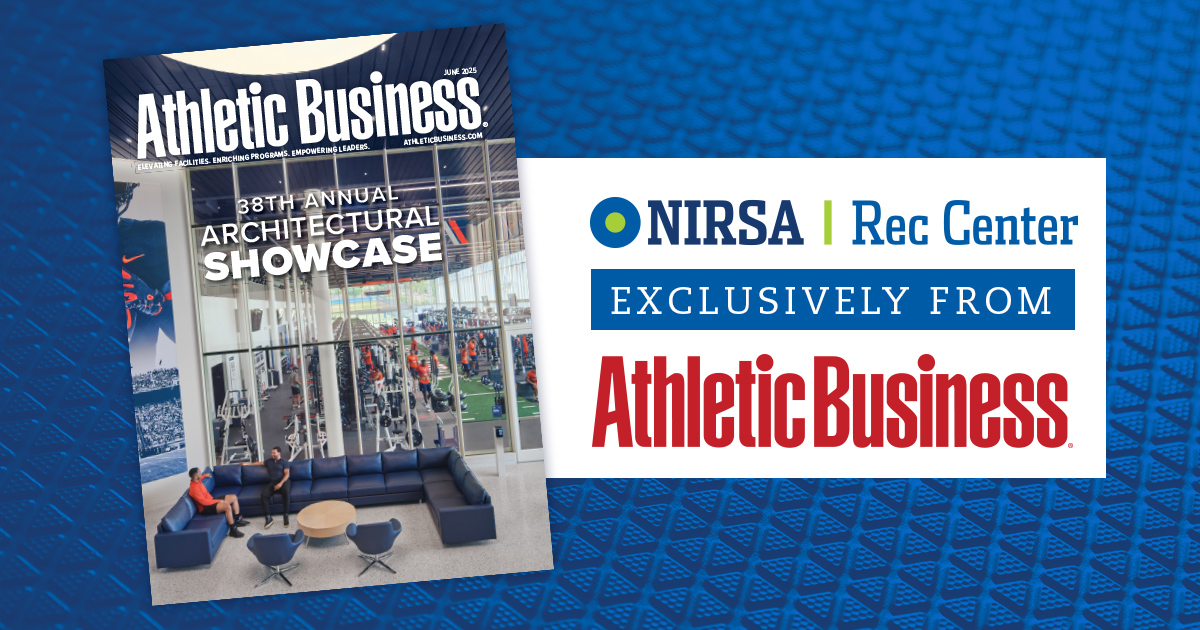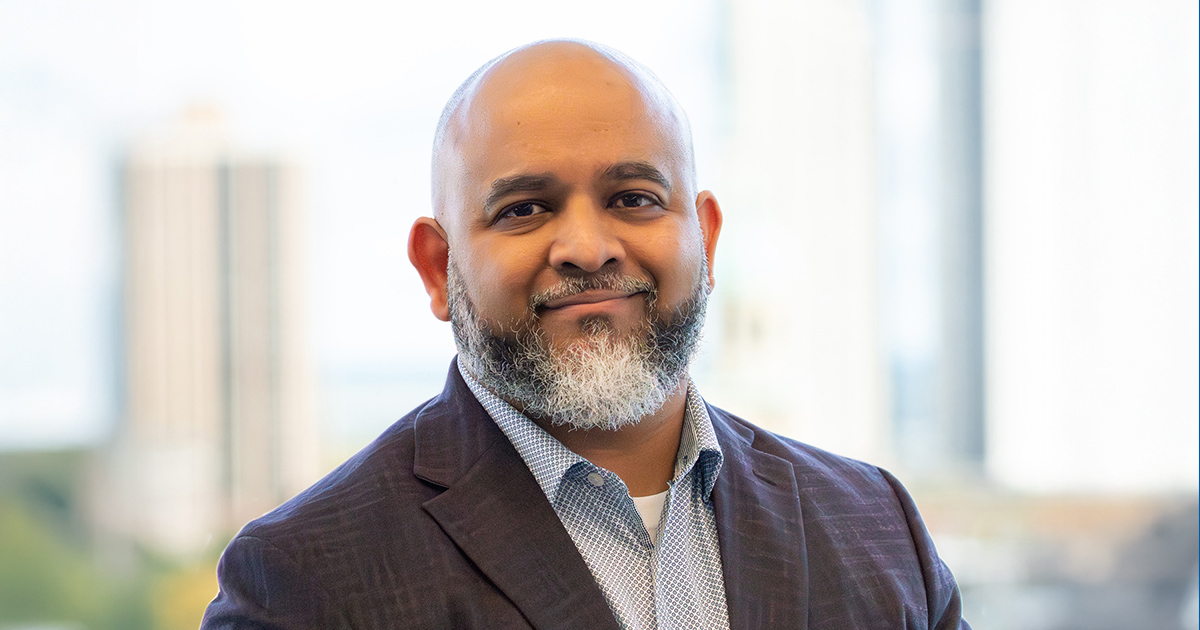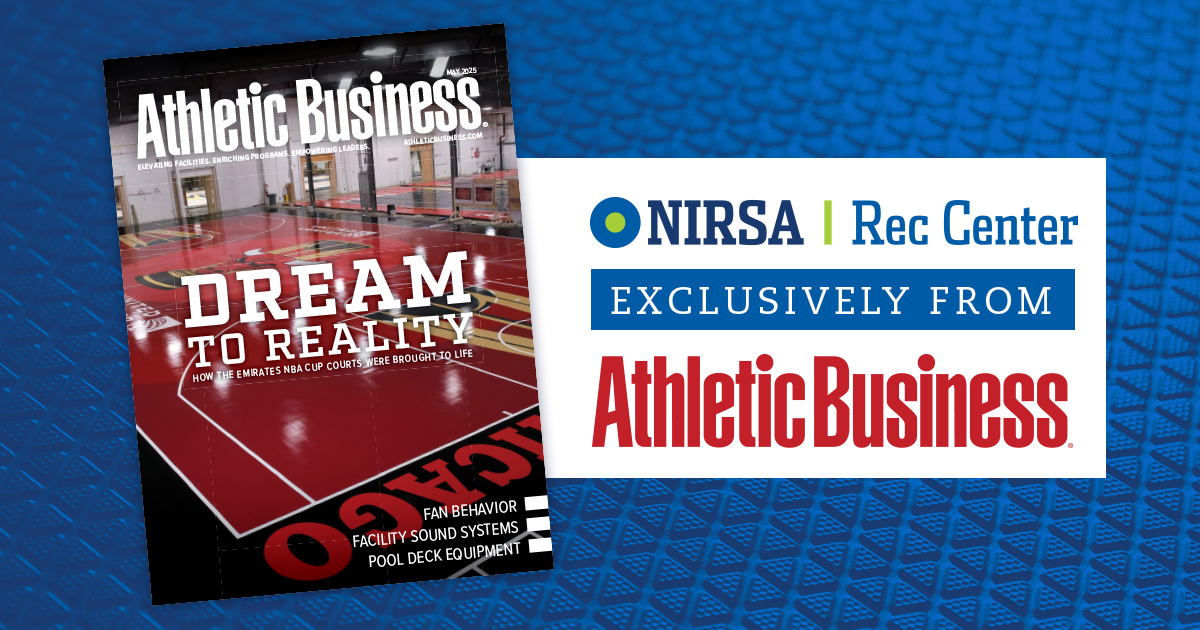No matter how many NBA games or internationally-acclaimed tournaments Steve Anderson officiates, he can be found at the University of Central Florida at the start of every fall. Steve is one of the most successful graduates of the UCF Rec Sports/Intramural Officiating Program. He has officiated roughly 100 NBA regular season games since 2013 and was selected as the only U.S. referee for the men’s basketball competition in the 2016 Rio Summer Olympic Games.
And he isn’t one to forget where he comes from. That’s why over the last 5+ years, he has gladly helped instruct the officiating course at his alma mater. “I love giving back and teaching the younger officials because this is where I got my start,” Steve says.
The way UCF’s Executive Director for Recreation and Wellness Jim Wilkening tells it, Steve was a scrawny supermarket bag boy when he applied to be an intramural official as a freshman in 2000. He didn’t get the job, but Jim saw potential so he offered Steve a chance to stick around as a referee on an as-needed basis for flag football and basketball games.
Through his passion, willingness to learn, and his receptiveness to feedback, Steve proved Jim’s hunch wasn’t a fluke. Not long after that, Steve worked his way onto the intramural supervisor staff and eventually became a staff lead. “He was so interested in learning and growing and getting better. And that’s really how he became the official he is today,” Jim says.
After earning his bachelor’s degree in sports and fitness in 2005, Steve accepted a graduate assistant position at UCF’s recreation department, which he calls one of the best decisions he ever made. In addition to his continued work as an official, he also served as a mentor to younger referees within the program. Reviewing their work on a daily basis gave him the opportunity to hone his craft even more. Steve also earned his master’s degree in educational leadership.
He didn’t exactly take the traditional route to the NBA. Many officials break in through the middle school and high school ranks. Steve went right from university intramurals to junior college games. Before long, he was working NCAA mid-major games, and soon secured a stint with the prestigious Southeastern Conference. He then moved on to the NBA Developmental League and now works on the biggest stages in professional basketball.
As he has taken on new challenges, his confidence has blossomed along with his career. “I remember my first couple of years in the D-League I was so nervous,” he says. “But, over time, the more experience you get, the easier your decision making becomes. By the time I was close to getting hired in the NBA, it was like I could walk out there and know nothing is going to happen in the game that I can’t handle.”
Steve travels the country officiating an average of three or four NBA games a week. He studies game film both in his hotel rooms and at home. He also spends time in the NBA’s Replay Center. Before every game, his crew meets and he makes a point to spend time with technical support and game operations staff. NBA officials don’t just show up and toss the ball up, that’s for sure. It’s a full-time job. Of course, there are plenty of perks also.
Steve’s fitness level and overall health benefit from the cardio workout he gets during games, and his salary has increased with each promotion. But he says one of the best benefits of the job is the friendships he has made. “Pretty much all my friends are referees,” he says.
“A big key of officiating is teamwork and trust with your partners on the floor. There are a good group of guys that you want to talk to, you interact with, send plays to, and discuss basketball. That benefits you in the long run as far as learning and developing yourself throughout your career.”
Steve has tried to be that friend and resource for not only his NBA peers, but for today’s students of the game. Much in the way that Jim Wilkening offered guidance to him, Steve now carries on that tradition of mentorship that such a rich part of NIRSA’s culture. He consistently carves out time in his schedule to teach the officiating class at UCF. He has exchanged phone numbers with students so they can send him plays and clips and get his opinion on calls they’ve made. Five of his former mentees are following in his footsteps as current NBA D-League officials.
Jim says the UCF’s student officials development system is something he would like to see spread to other institutions nationally—especially considering the nationwide decline in sports officials. “I think there are a lot of former students who have experienced success as an official who would love to come back and help out a program and help develop officials. They just need to be asked,” says Jim. “Many times, those former officials from your program are very honored to be asked to come back. I think that’s something that can happen in many recreation programs around the United States.”
Steve knows the impact a program like the one at UCF can have. He has firsthand experience with it as both a student and an instructor. “Any time when I’m available, I’m going to be here to help out with what got me started,” he says about UCF’s program. “The class is what got me started. I always want to give back to people that have helped me move along throughout my career.”
Through in-game training experiences, students just like Steve once was can learn to make real-time calls while shadowing experts. They can learn to officiate across multiple sports as well as develop expert command of the rules and regulation in a specific sport. Consider helping student officials develop their skills by donating to NIRSA’s Student Officials Development program today!
- For more information, please contact NIRSA Director of National Cricket Program Adam Pruett.
Andy Seeley is the President of AS Communications. He can be reached at ascommunications@publicist.com.


